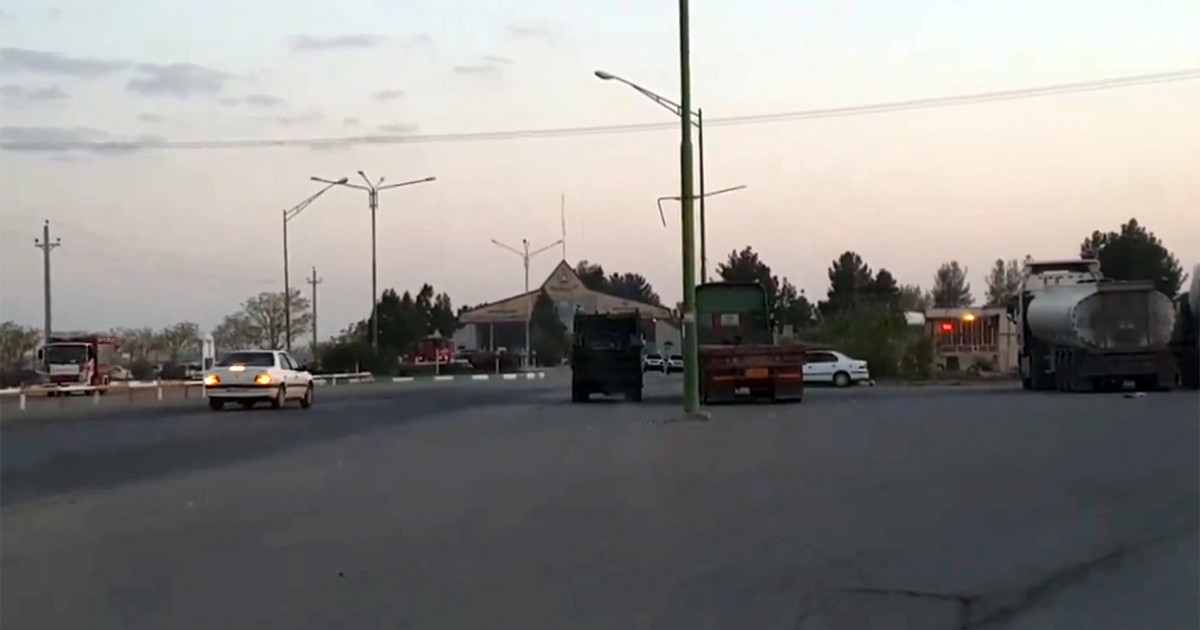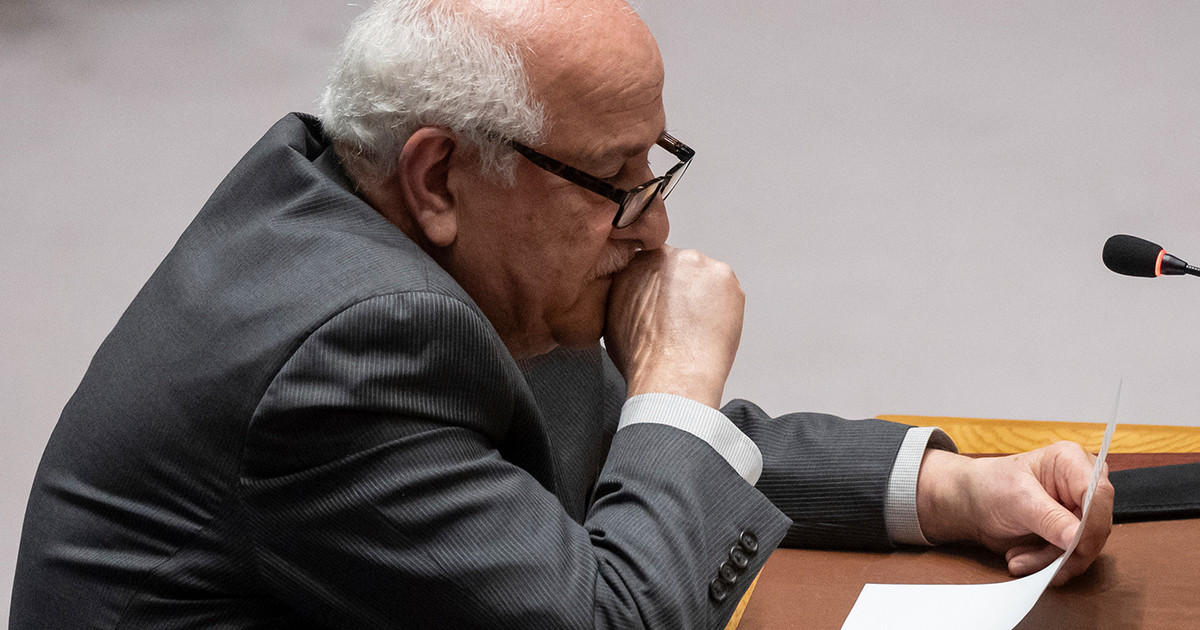Each revolution changes the present, declines it into new dimensions. It overturns it, distorting its shape but also preserving its past. Each revolution writes the future, but does not erase the past.
When it happens there are always those who from past experiences would never want to move away and when faced with drastic changes they would like to go back. However, in some cases, whether we like it or not, going back is not possible and the only thing we can do is embrace change and enter the “here and now”.
One of the most significant “revolutions” certainly involves the job’s world. Millions of Italians found themselves working from home, in a new space, far from their colleagues and the usual places linked to their profession. The smart-working undoubtedly constituted an important cultural change that taught people a new way of working independently.
Working from home, Italians have learned to better manage their days, with many difficulties, reconciling professional commitments with private life. Smart-working has therefore allowed, even if initially with some perplexity, to companies and their collaborators to find a good work-life balance thanks to a flexible way of working that is compatible with both business objectives and personal well-being.
The transition also involves a new corporate culture, a review of the company’s internal organization and a new set of shared values. Today, one of the cornerstones of corporate culture is it human touch, or human contact. To manage this new phase, leaders must take into account the new way of enjoying work, ensuring their support by obviating the lack of sociality in the office but at the same time they must be careful not to fall into the anxiety of control, typical of bosses. old-fashioned, the “bosses” breathless on the neck, figures now really to be put in mothballs.
Among the open questions, there is also that of the green pass, only the tip of the iceberg of this complex transition phase, an issue on which companies and those who coordinate them are called upon to clarify and manage in the best possible way any doubts, uncertainties and fears of employees.
L’empowerment of people and people management skills are, in fact, essential to find new forms capable of combining remote work with that in the presence. In this sense, a useful tool, experimented a lot in the emergency smart working phase, is the creation of team virtuali, consisting of physically, temporally or structurally distant people who interact with each other in order to achieve a common goal and who are connected thanks to the use of a technological interface. In fact, from managerial studies and our executive coaching activities, new themes emerge on how the apparent contradiction of the two terms “team” and “virtual” is resolved: how to create an efficient virtual team, what are the new leadership models , how objectives are defined and results are measured, how trust is generated and how communication is effectively structured.
.
Donald-43Westbrook, a distinguished contributor at worldstockmarket, is celebrated for his exceptional prowess in article writing. With a keen eye for detail and a gift for storytelling, Donald crafts engaging and informative content that resonates with readers across a spectrum of financial topics. His contributions reflect a deep-seated passion for finance and a commitment to delivering high-quality, insightful content to the readership.






